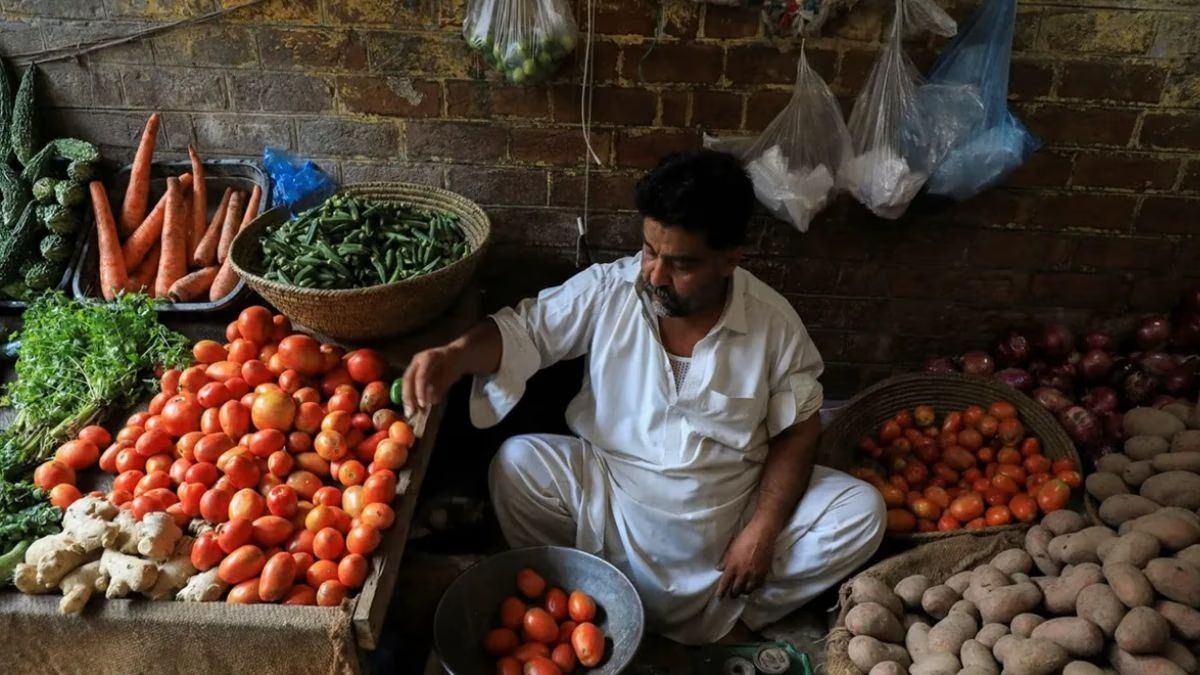The closure of the border between Pakistan and Afghanistan has led to a rapid rise in prices for everyday essentials in both nations. Tomatoes, particularly popular in Pakistan's cuisine, have seen their prices surge fivefold this month due to ongoing conflicts. The complete halt in trade, caused by border skirmishes and air raids, has severely impacted consumer purchasing power.
As of October 11, all cross-border transit and trade along the disputed 2,600-kilometer (1,600 miles) border have ceased. This period has witnessed ground battles and air strikes, resulting in deaths on both sides, marking the most serious conflict since the Taliban seized Kabul in 2021.
5,000 Containers Stuck at the Border
Khan Jan Alokzai, chief of the Pak-Afghan Chamber of Commerce based in Kabul, told Reuters, "With each day passing, both sides are suffering losses of around $1 million. Previously, approximately 500 containers of vegetables were ready for export daily, but they have all perished. Additionally, about 5,000 containers are currently stuck at the border, exacerbating shortages of common items like tomatoes, apples, and grapes."
Tomatoes Selling for 600 Rupees per Kilogram
The trade annually amounts to approximately $2.3 billion between Pakistan and Afghanistan, including fresh fruits, vegetables, minerals, medicines, wheat, rice, sugar, meat, and dairy products. With the border closures, this trade has come to a complete standstill, forcing citizens to pay more for these essentials. For instance, tomatoes now sell for 600 Pakistani rupees ($2.13) per kilogram, while apple prices have sharply increased too.
Soaring Ginger and Garlic Prices
According to Pakistani newspaper Express Tribune, the president of Rawalpindi's vegetable traders association reported, "Tomato supplies are low, while demand is high. Imports from Afghanistan are suspended. Prices won't drop until supply is fully restored." Small vegetable vendors have stopped selling tomatoes, peas, ginger, and garlic due to soaring costs, with garlic at 400 rupees per kilogram and ginger reaching 750 rupees per kilogram. Onions are at 120 rupees per kilogram, and peas at 500 rupees per kilogram.
The abrupt halt in trade has ripple effects on local economies, affecting thousands of livelihoods reliant on cross-border commerce.
This situation highlights the urgent need for diplomatic dialogue between the nations to alleviate the economic distress caused by this trade disruption.




